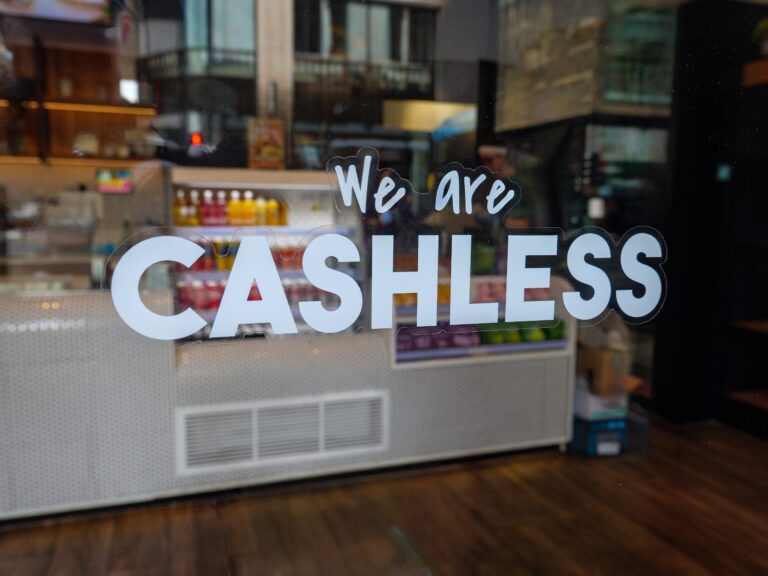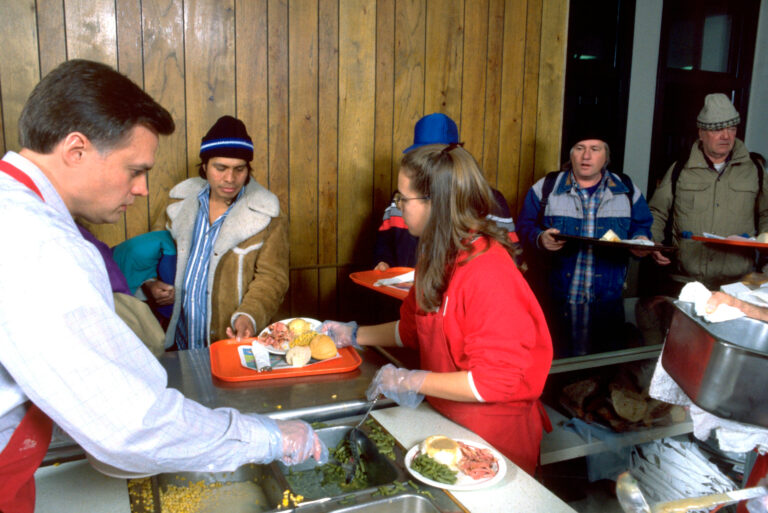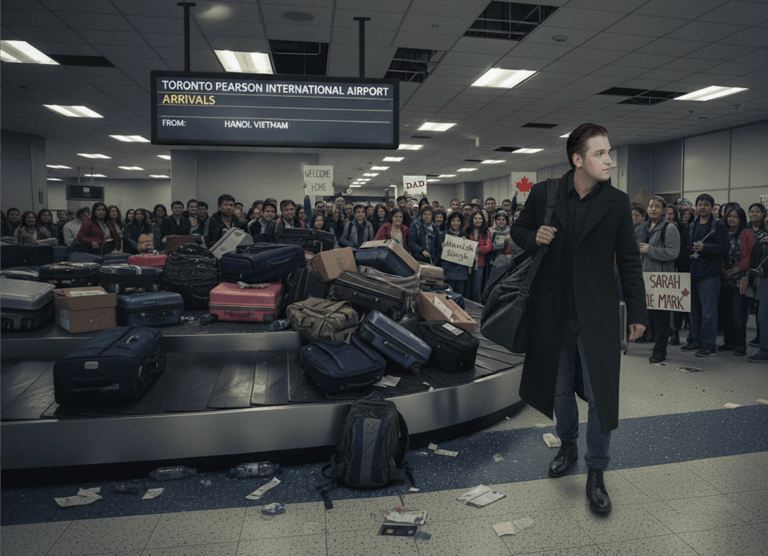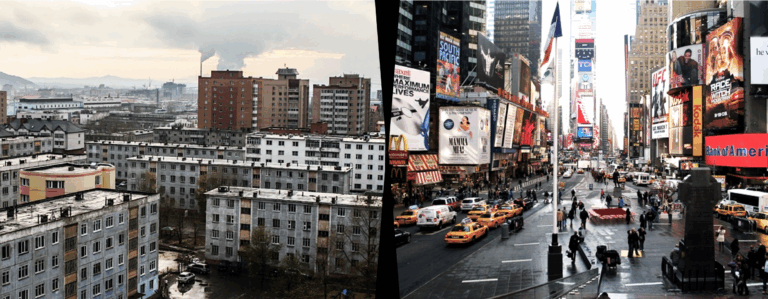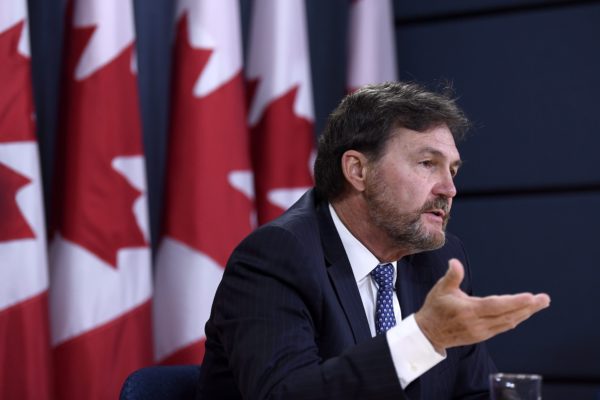Friedrich von Hayek dedicated The Road to Serfdom to “the socialists of all parties.” This serves as a valuable reminder that our democratic freedoms cannot be entrusted to any political party, but depend instead on widespread societal commitment to ordered liberty. That commitment is weak, and appears to be growing weaker in Canada’s political culture.
If supporters of our essential freedoms fail to change Canada’s current political culture, it will matter little which parties win provincial and federal elections in the next decade and beyond. Conversely, if the dominant ideological paradigm shifts towards a broader and deeper understanding of the foundations of Western civilization, then all political parties will be inclined to promote ordered liberty, self-reliance, civil society and good small government.
Of course defenders of liberty should actively engage in the democratic process, helping worthy candidates win federal and provincial party nominations, and election to the House of Commons and provincial legislatures. But in addition to involving themselves in partisan politics, Canadians who cherish freedom within the rule of law can and should do far more to support the organizations which advocate fearlessly, passionately, intelligently and uncompromisingly for the ideals upon which Western Civilization depends.
These ideals include:
– respect for human life and the intrinsic worth of every person;
– the rule of law and appropriately limited government;
– private property, freedom of contract and the voluntary exchange of goods and services in a free market, as the most effective and most compassionate way to create wealth and share prosperity;
– the fundamental freedoms of expression, conscience, religion and association (especially for minorities unloved by the majority);
– the right of parents to raise and educate their own children;
– the institution of marriage as the optimal social institution for raising children; and
– government as the servant of people, limited to helping people attain the ideals set out above.
Even a quick glance at Canada’s current culture demonstrates that Canada’s public education system, from kindergarten through to post-graduate studies at universities, has done an abysmal job of educating Canadians as to why and how these ideals are indispensable to freedom, democracy and the proper functioning of civil society.
Witness, as just one example, the hostility towards free speech that is routinely displayed by university administrators, and by student politicians who use student unions to censor and silence unpopular ideas on campus. Many are oblivious to the fact that freedom of expression necessarily entails the right to proclaim, by peaceful means, ideas that are offensive and disturbing to the majority. Instead of using reason and logic to refute ideas they disagree with, campus political activists intimidate, shout down, disrupt and obstruct the meetings and events of those whom they oppose. University administrators routinely condone this kind of behaviour.
Witness the hostility of Canadian law societies and law faculties towards freedom of religion and freedom of association, as evidenced by their strenuous efforts to force a private Christian community (Trinity Western University) to repudiate its own beliefs about sexuality and marriage in the name of a vague and ill-conceived notion of “equality.”
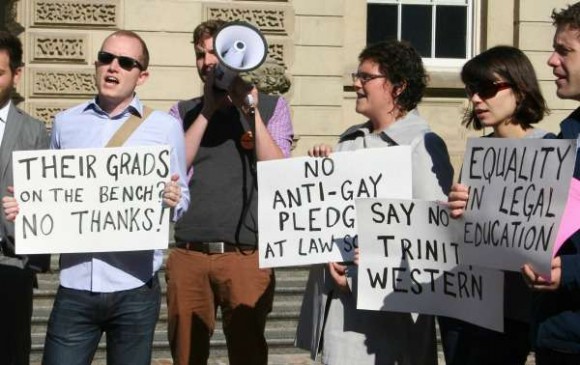
Witness the voters’ belief in government as Santa Claus, magical provider of funding through the heartless imposition of debt on future generations of taxpayers. Witness envy-based taxation policies, and the use of the ballot box to confiscate money from those who have earned it, to give it to corporate welfare bums, unionized public sector workers, and other special interests. Witness the smothering of enterprise and economic growth by multitudes of government regulations that tie the hands of job creators.
Witness a Supreme Court which repudiates its own precedents to usurp the role of elected policy makers.
Witness the aggressive assault on parental rights in education so that governments and interest groups can indoctrinate our children into accepting feel-good notions of hedonism and relativism, rather than teaching students how to think. Witness the assault on the family through public policies that actively promote divorce, welfare dependency, and fatherless homes.
By their very nature, political parties are followers, not leaders. Their ability to change our political culture is limited. Unless and until a majority of Canadians once again understand and appreciate the ideals on which Western Civilization depends, no government – left or right – will make it the basis of public policy.
The restoration of those ideals must, therefore, begin outside of government, with private social sector advocacy for the rule of law, free markets, limited government, the intrinsic worth of each person, the importance of marriage, and the fundamental freedoms of expression, conscience, religion and association. When these ideals are understood, accepted and celebrated by a plurality of Canadians, all political parties will then support individual freedom and civil society, and reduce the size and influence of government.
Veritas omnia vincit, it has been said: truth conquers all. But truth conquers only eventually, and only when truth is defended, explained and proclaimed, consistently and courageously, over time. This is why Canadians who yearn for a free and virtuous society need to dig deeper into their pockets to support:
– think tanks that educate the public (including politicians and media) about the benefits of free market policies, including think tanks that specialize in specific areas such as labour, private property rights, environment, taxation, education, social policies, etc.;
– taxpayers’ groups which promote small government and debt freedom;
– small business groups which advocate against corporate welfare and excessive regulation;
– pro-family groups which advocate for marriage, so that children can know their own fathers and mothers and be raised by their own parents;
– groups which defend the right of parents to choose the kind of education that shall be given to their children;
– public interest law firms which provide pro bono legal representation to citizens when government authorities violate the freedoms of expression, association, conscience and religion;
– groups which celebrate and support the institutions which reflect our traditions and values, such as monarchist leagues, historical societies, our military, and the like; and
– public policy groups which advocate for sound foreign policy.
Groups like these, together, currently receive about $20 million per year from Canadians in private donations. It’s a tiny fraction of the tens of billions governments spend promoting the statist bias in public education. In the context of Canada’s annual Gross Domestic Product of about $2 trillion, the groups which advocate for the ideals on which our very civilization depends are receiving 0.00001 of available wealth: one one-thousandth of one percent!
Clearly, we need to do better. Those who believe in free markets, strong families, the rule of law and a thriving civil society should double or triple their annual giving to pro-freedom groups. If Canada is to stop descending further into the relativism and hedonism that nourishes big government, those who want different and better public policy need to give far more than they have been.
Educating the public (including the media, the courts, and academe) about the principles of liberty must be the starting point for dismantling, root-and-branch, the freedom-smothering nanny state. Political parties are not designed for educating Canadians about the ideals of Western Civilization, and they should not be expected to do so. Parties will continue to pander to popular culture, avoiding hard, eternal truths in favour of easy, vote-getting promises.
Therefore, those who want the True North to become strong and free again must generously support, with their time and money, the groups and organizations which speak courageously and uncompromisingly on a wide range of economic, social and cultural issues. This is not to suggest that we donate less money to solid candidates who seek federal, provincial and municipal office. Rather, we should increase substantially our giving to groups dedicated to restoring cultural respect for the very ideals on which our Western Civilization depends.
~
Calgary lawyer John Carpay is president of the Justice Centre for Constitutional Freedoms (www.jccf.ca).
